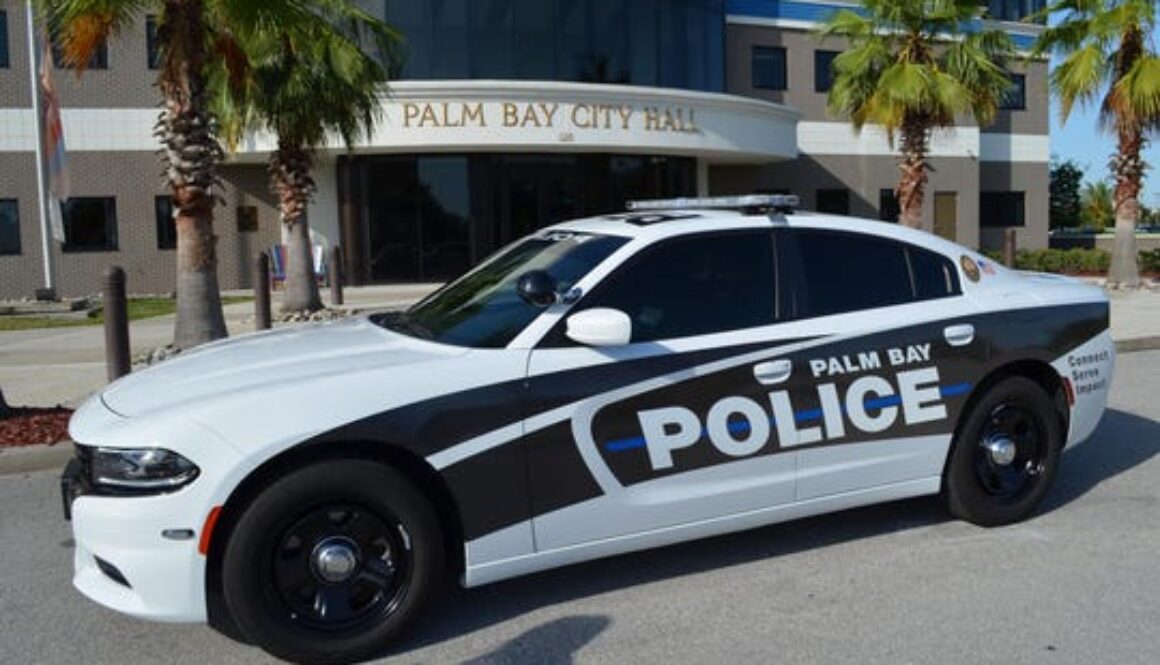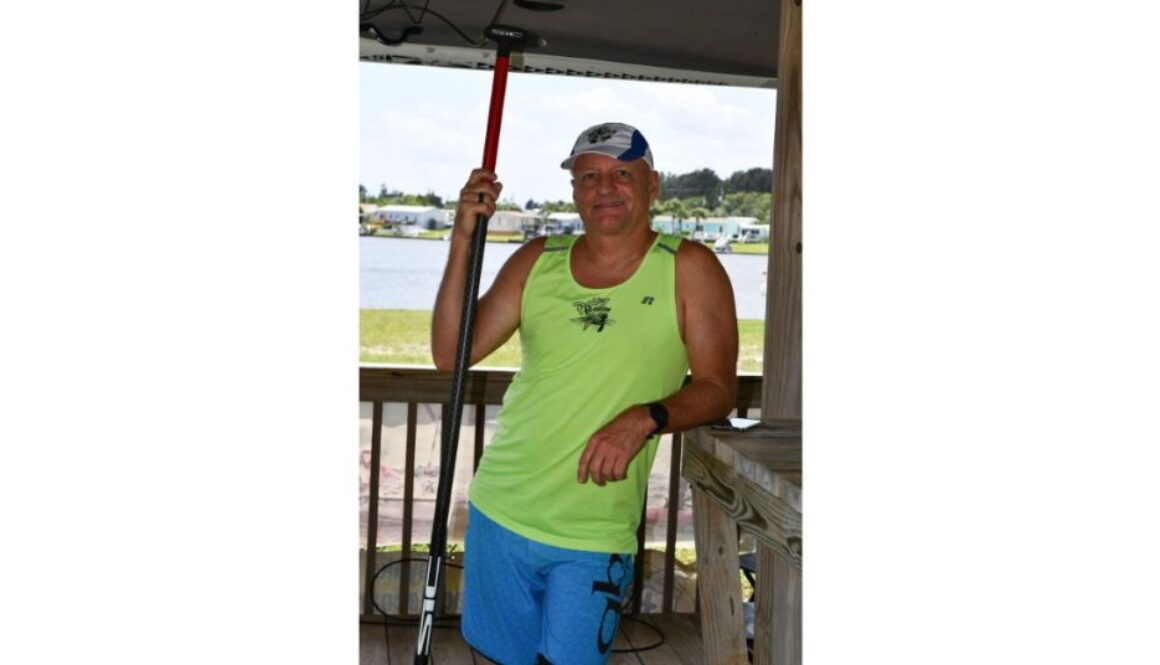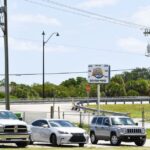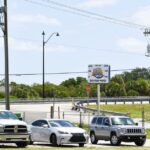Organic Girly Cafe & Market offers organic, farm fresh, and health promoting products that are both delicious and gorgeously presented. Products in the market include keto (grain free) donuts, carrot top pesto, low calorie high probiotic water kefir, and organic honey, teas, and jams. The OG Cafe offers a flexible, seasonal menu using locally produced, farm-to-table ingredients, and favorites include keto waffles, wild salmon ceviche with yuca tortilla chips, and Cuban sandwiches using pasture raised pork. The Organic Girly is Dina Caballero, a resident of PalmBay, and we spoke to her about her passion for her products and her expanding business.
You have an interesting background, you were an EMT in the U.S. Air Force and also spent time as a Congressional staffer in a local district office. How did you become the Organic Girly?
“I believe that food is a priority when it comes to living healthy, and I started with health coaching for family and friends back in 2007 and 2008 to bring awareness about genetically modified organisms. Then, in 2019, I started selling my elderberry syrup at the farmer’s market and from there it really took off. I’ve been in Palm Bay for a long time and folks knew me and encouraged me to take the next step.”
Where did your passion for organic products come from? Elderberry and elderflower are big for you.
“It started in college, I was pre-med for a while and I took a class in food policy that made me realize that I could have more of an impact by working with the people around me rather than changing the laws in Washington. I found that if you really want to make change, it starts at the local level and not the national level, and so I started working on health things with my family and friends and their friends, and it kind of took off from there.
Your entire family supports your business, especially your sons Xavian and Alex. What is like running a family business?
“(Laughs) Oh my gosh, some days it’s a real challenge! It definitely keeps us close, we are always at the family dinner table together, and I love what it’s teaching my children about hard work and service to the community. You don’t just get stuff for free, you have to work. We work with local farmers and community members, and we support each other by working together. I love what that teaches my children.
You opened and then expanded during the pandemic, what did you do differently?
“Well, you can’t stop a virus, you just have to be proactive with your health, and we thought we could help by offering our healthy foods and products to people when they were more needed than ever. I feel like what we are doing is educating people about living healthily and making good food choices, and that’s important during a pandemic. Our focus is to help people and empower them and let them know they do have alternatives.
You’ve obviously enjoyed great support from Palm Bay, what has that been like for you?“
Oh, it’s wonderful, I love Palm Bay, I always knew I wanted my first store to be in Palm Bay! The outpouring of support from Palm Bay city officials has just been amazing. I live in Palm Bay, and I didn’t want my first store to be anywhere else, and I’d love to open another location in Palm Bay.
Tell us about you Saturdays, you are busy with farmers’ markets, right?
“ Yes, we host along with our partners a farmer’s market on the second and fourth saturday of each month, and Palm Bay Mayor Rob Medina recognized those two days as Palm Bay Farmer’s Market Days, and we very much appreciate his support and recognition. About 80% of the businesses there make the products they sell, many are local local farmers. So our Saturday’s are busy!
Is the Organic Girly donut the healthiest and most delicious donut in the world?
“(Laughs) Oh, my gosh, maybe! Those keto donuts are delicious, and I like making things pretty, that’s the girly part of the Organic Girly. If you can satisfy the visual and the taste buds at the same time, then you feel like you’re eating a real donut! 63 calories and only 1.1 grams of net carbs, for the unstuffed donuts, and only 2 grams of carbs for the stuffed donuts! And no sugar.
Café OG & Market
3200 Dixie HWY NE STE 3 & 4
Palm Bay, FL 32905
(321) 210-2030
https://www.facebook.com/organicgirly/
https://www.instagram.com/theorganicgirly/?hl=en


































































































